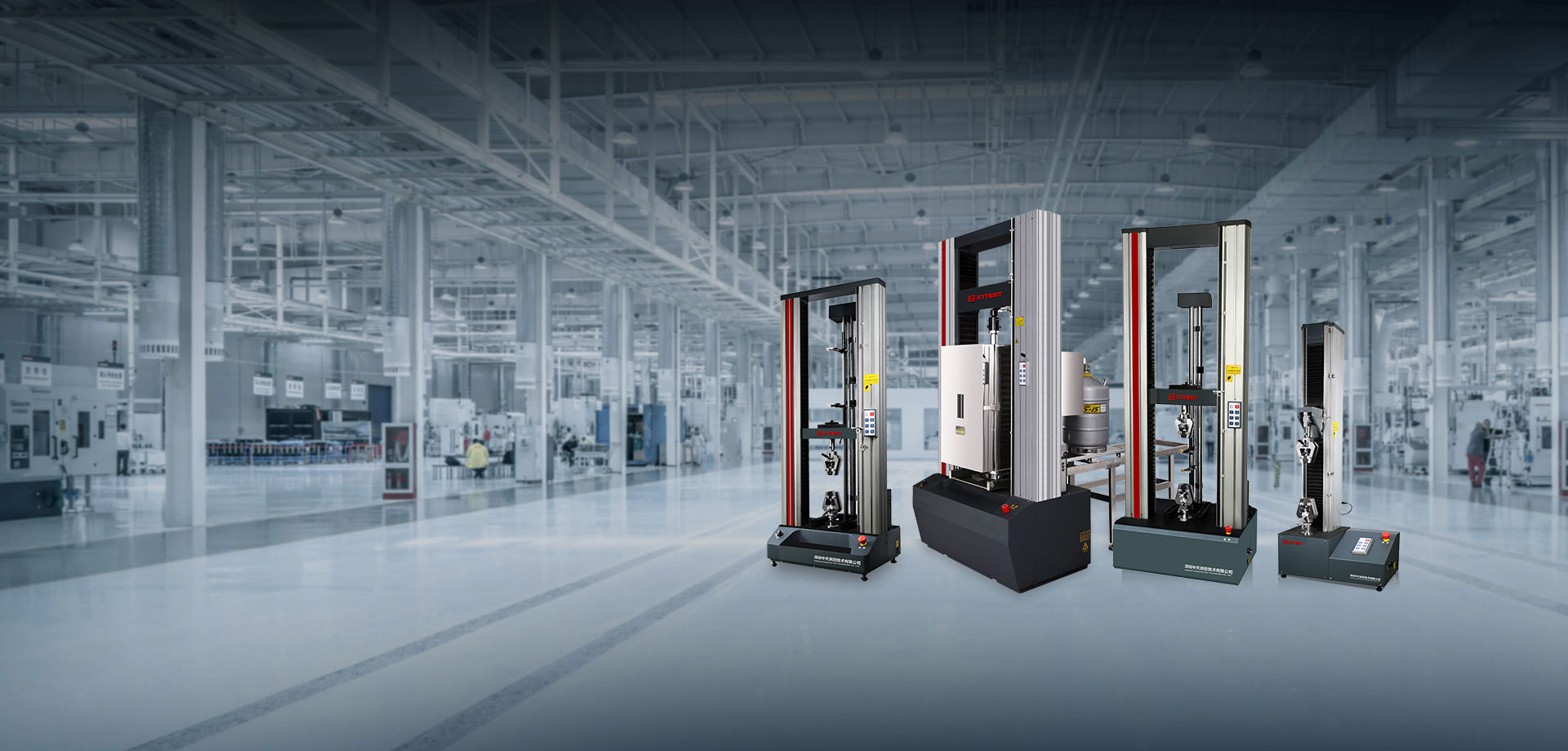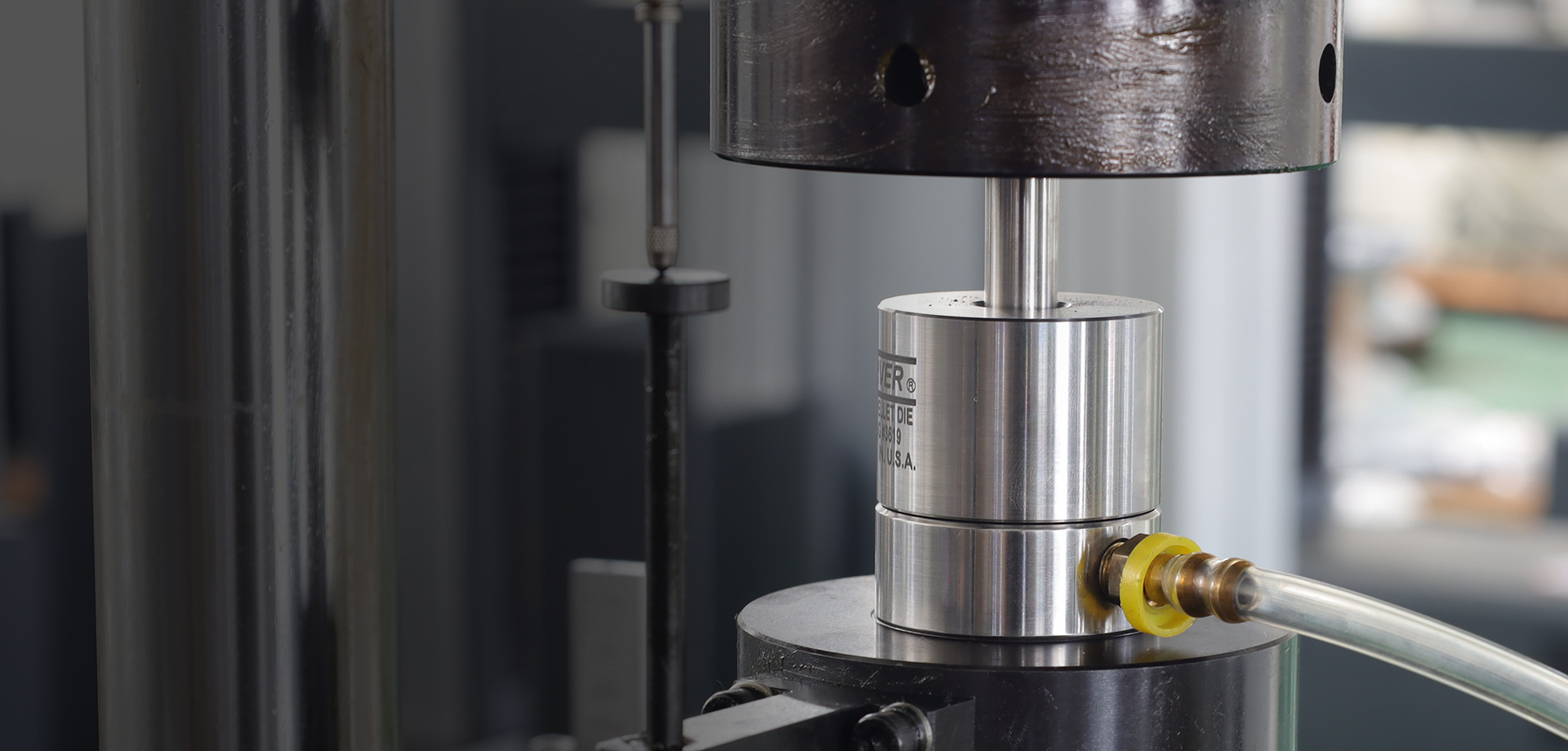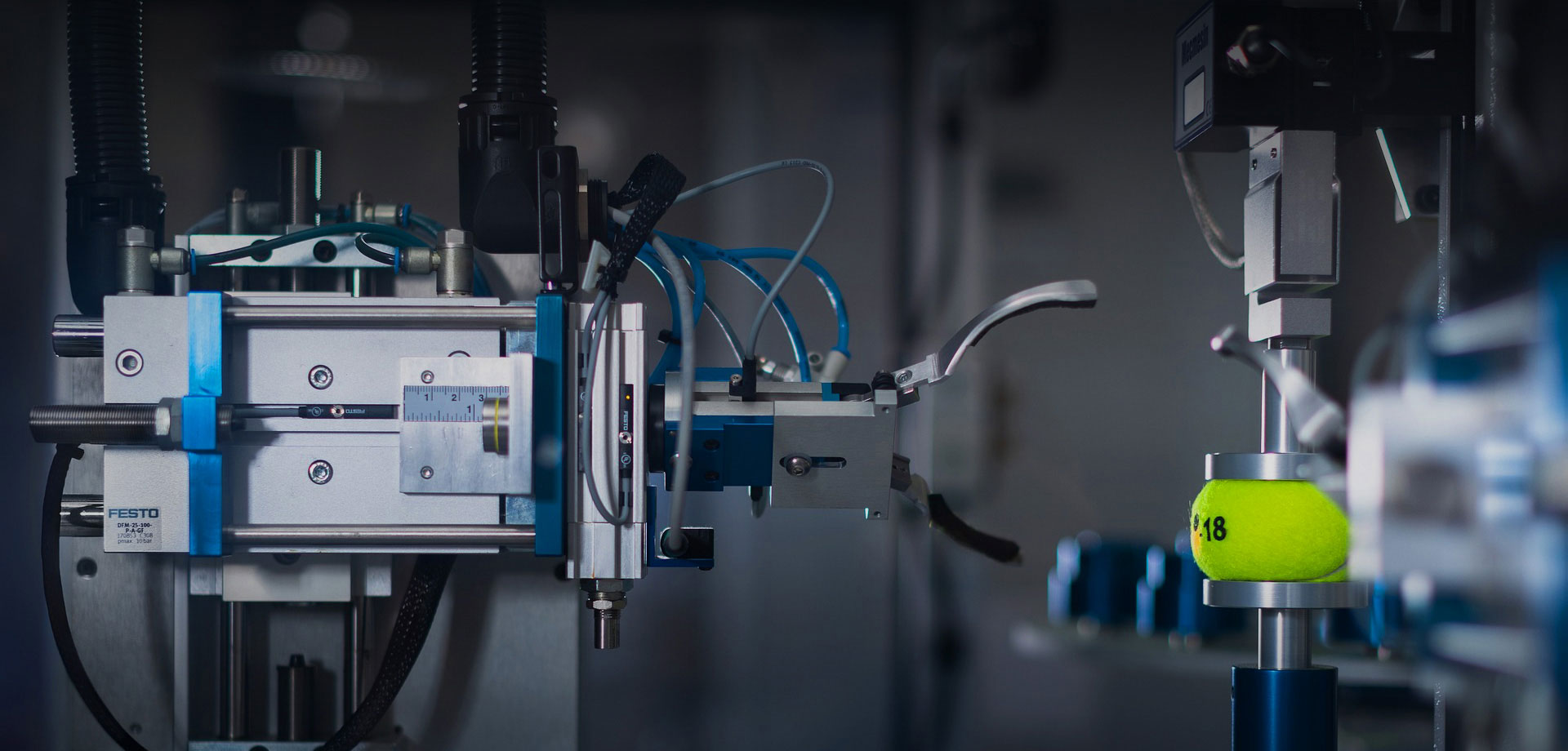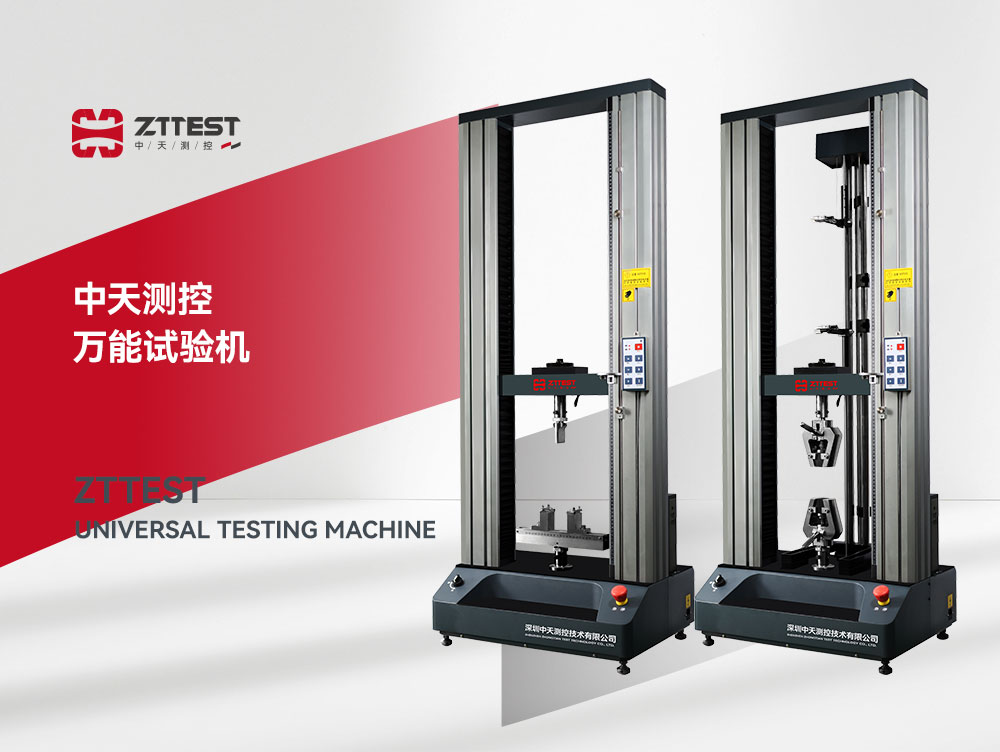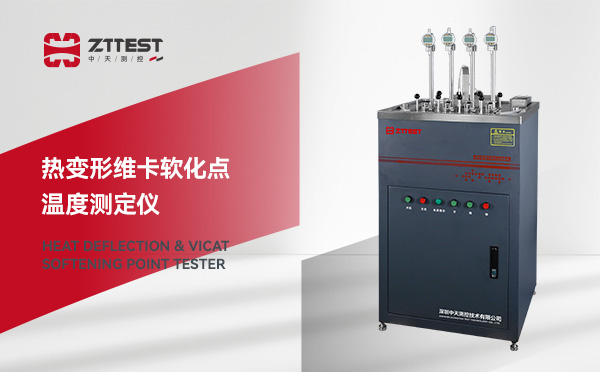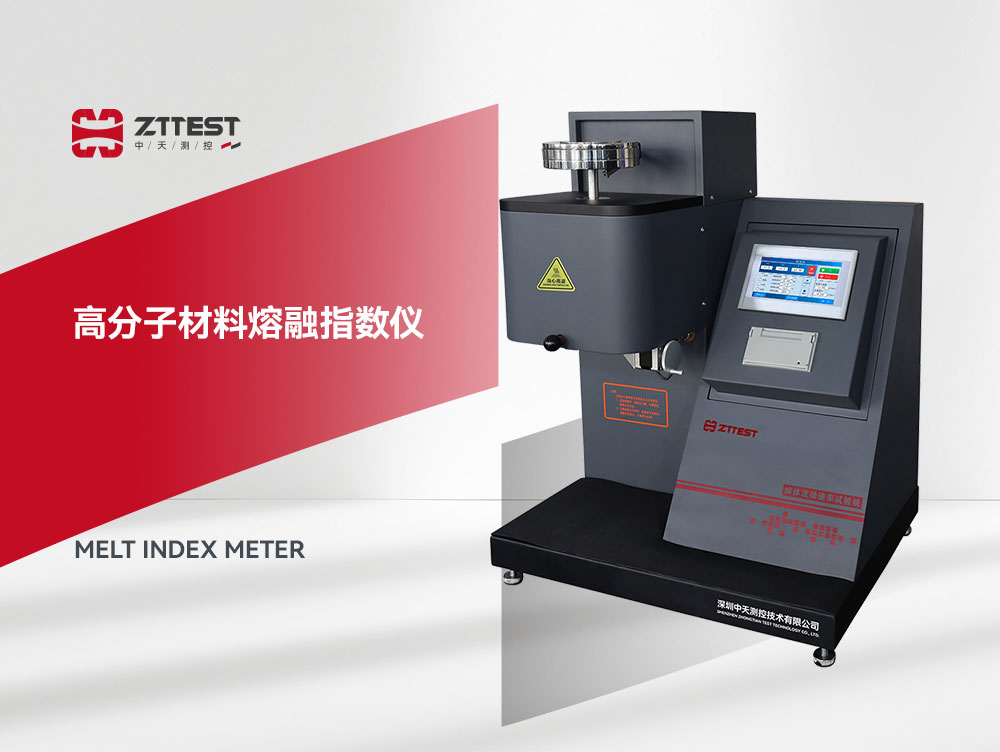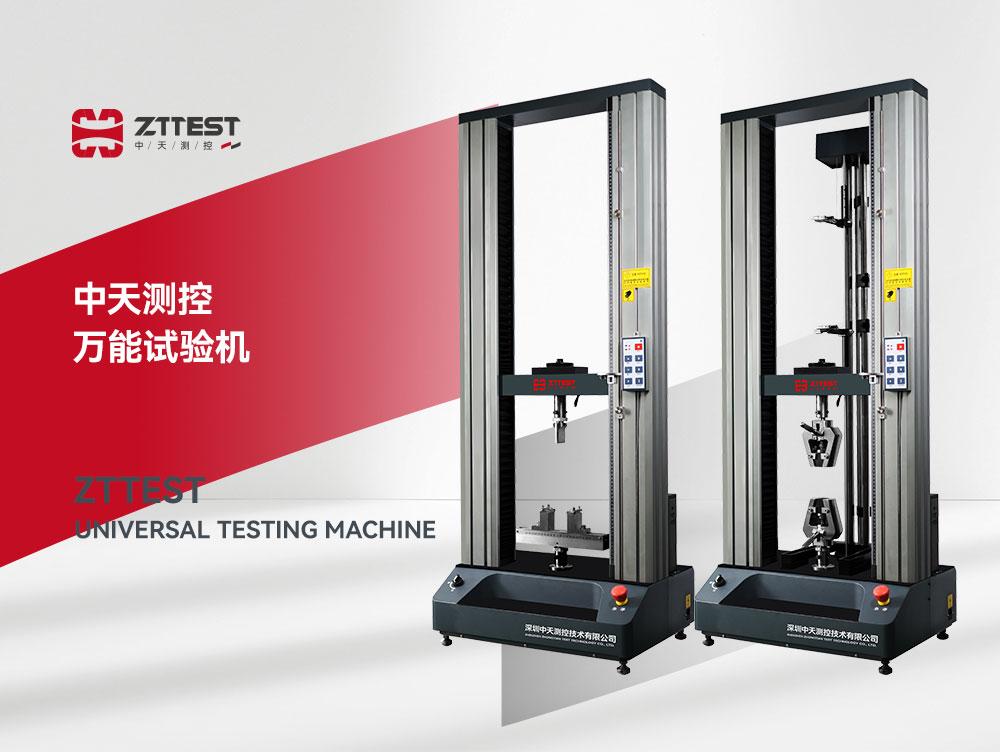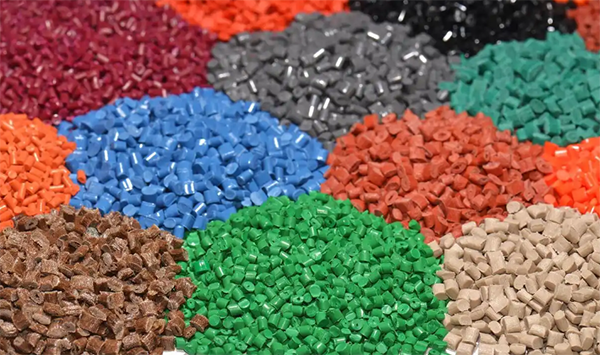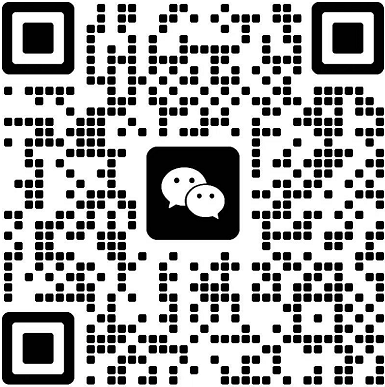

- Home
-
Products
-
News
News
Keep up to date with new knowledge about testing machines from Zhongtian Measurement and Control.
New services, new products and company news
-
Cases
Cases
Zhongtian Measurement and Control is a professional manufacturer and seller of mechanical testing machines.
Cooperation cases involve a variety of fields
-
Service Support
Service Support
Zhongtian Measurement and Control provides users with perfect service support for test equipment.
Including pre-sale and after-sale technical support
Data download, product video
-
About Us
About Us
Precise measurement, intelligent control of the future as the core concept
Specialized in providing domestic and foreign customers with high-quality, high-precision testing machines
-
Contact Us


- Home
- Products
-
News
News
Keep up to date with new knowledge about testing machines from Zhongtian Measurement and Control.
New services, new products and company news
-
Cases
Cases
Zhongtian Measurement and Control is a professional manufacturer and seller of mechanical testing machines.
Cooperation cases involve a variety of fields
-
Service Support
Service SupportZhongtian Measurement and Control provides users with perfect service support for test equipment.Including pre-sale and after-sale technical supportData download, product video
-
About Us
About Us
Precise measurement, intelligent control of the future as the core concept
Specialized in providing domestic and foreign customers with high-quality, high-precision testing machines - Contact Us

